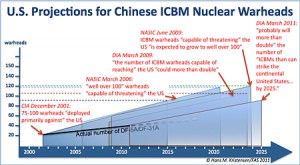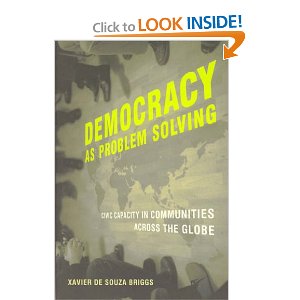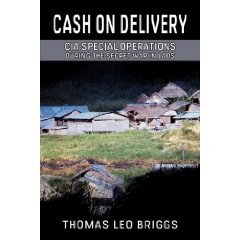
Thomas Leo Briggs is a retired CIA operations officer with 3 years military experience in US Army military police, 3 years as a Special Agent in the Drug Enforcement Administration and 26 years in the CIA. He tried to make use of computer capabilities to aid and assist HUMINT operations in a variety of ways throughout his last 18 years as an operations officer. He is also the author of Cash on Delivery: CIA Special Operations During the Secret War in Laos (Rosebank Press, 2009).
– – – – – – – – – – – – –
Further reflection on HUMINT and OSINT. I see them as complementary to both operations (HUMINT collection) and analysis. I also see that they should be looked at differently for operations and analysis.
In operations, which I know more about than analysis, there is the general need for HUMINT operators (so as to not bias this toward any one member of the intel community, I use HUMINT operators rather than case officers) to know as much as as possible about the country, region, culture, etcetera where they will be working. Operators collect raw intelligence and it is turned into field intelligence reporting. Someone in the field must review and vet that raw intelligence – we used to call them reports officers. The review must be able to determine if the alleged raw intelligence is really that and not openly known information somewhere in the country or region. Obviously, there must be one or more officers in a field office with knowledge of as much about the open source information as possible, or has the tools at hand to check open source information, and also with knowledge of the secret intelligence that has already been reported, so as to avoid duplicative raw intelligence reporting.
Continue reading “Thomas Briggs: Reflections on OSINT in Support of HUMINT”




